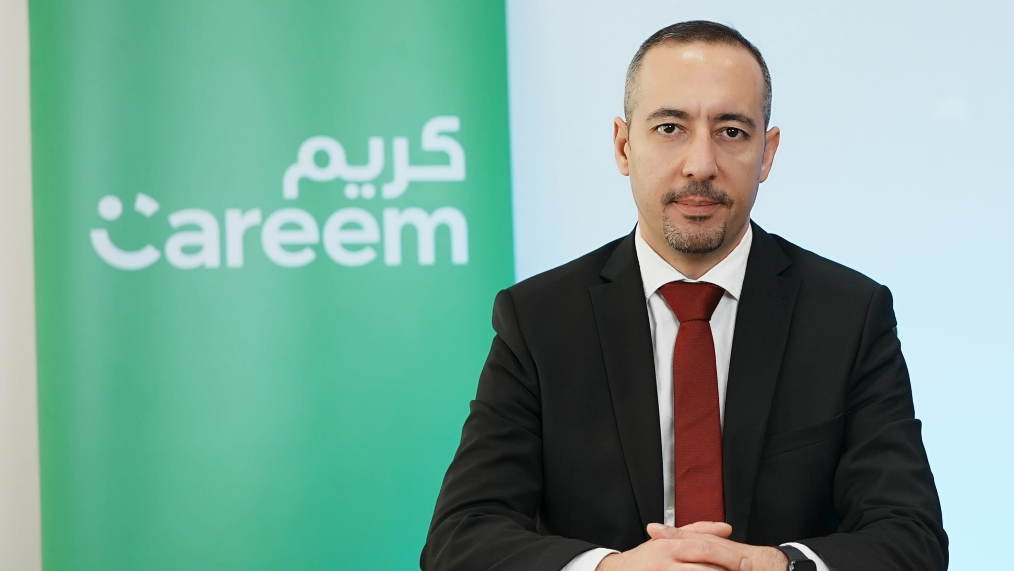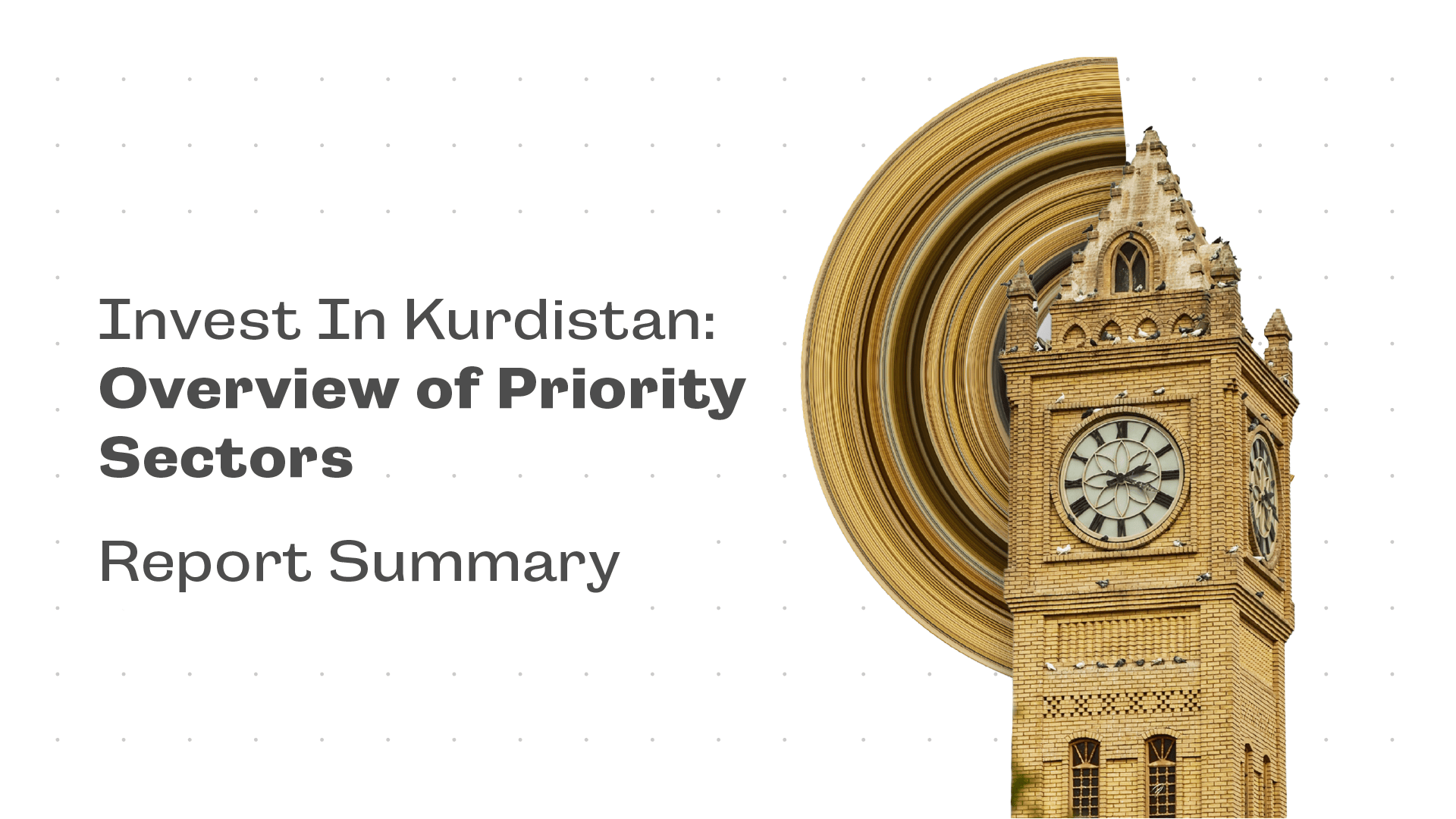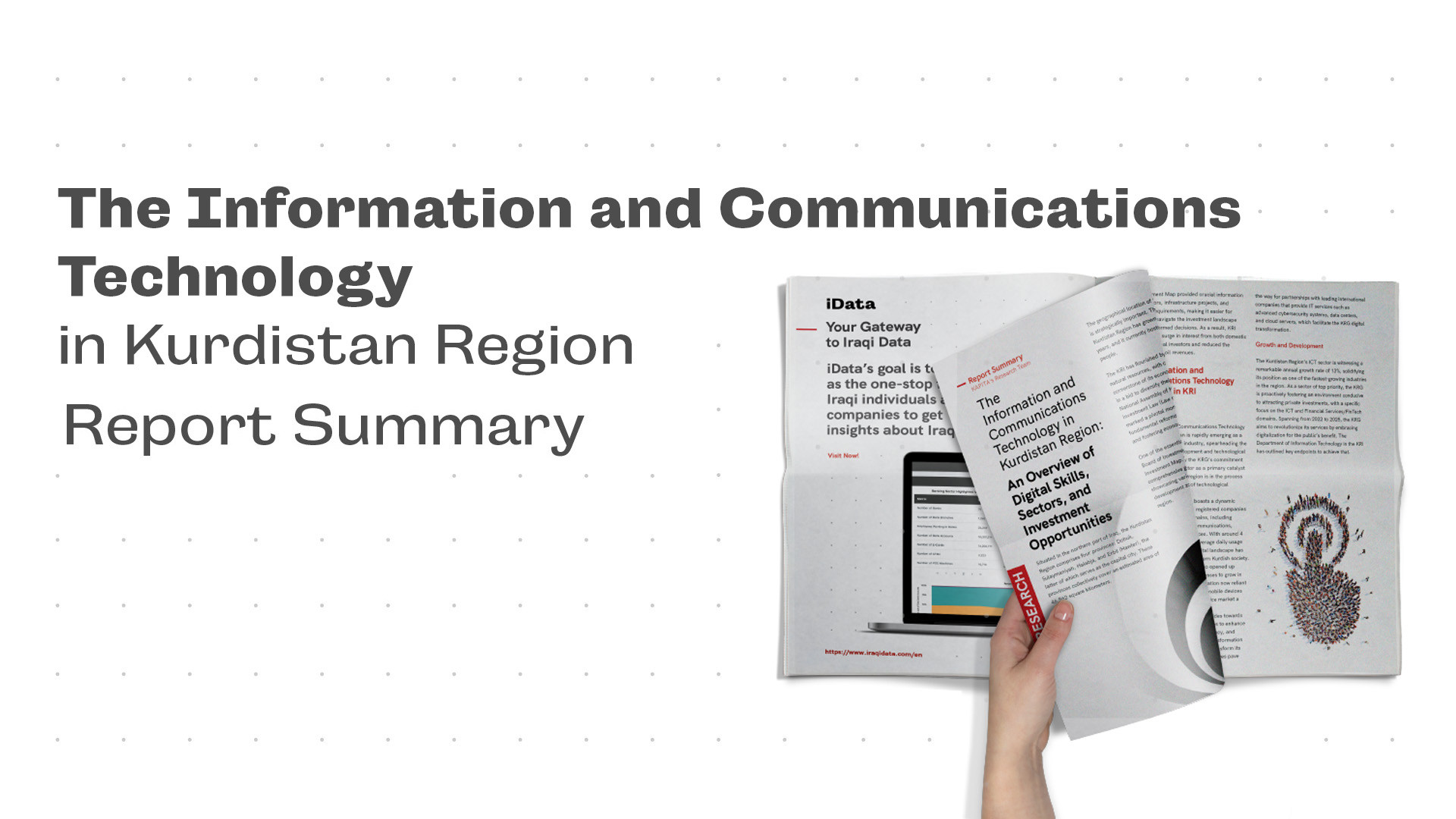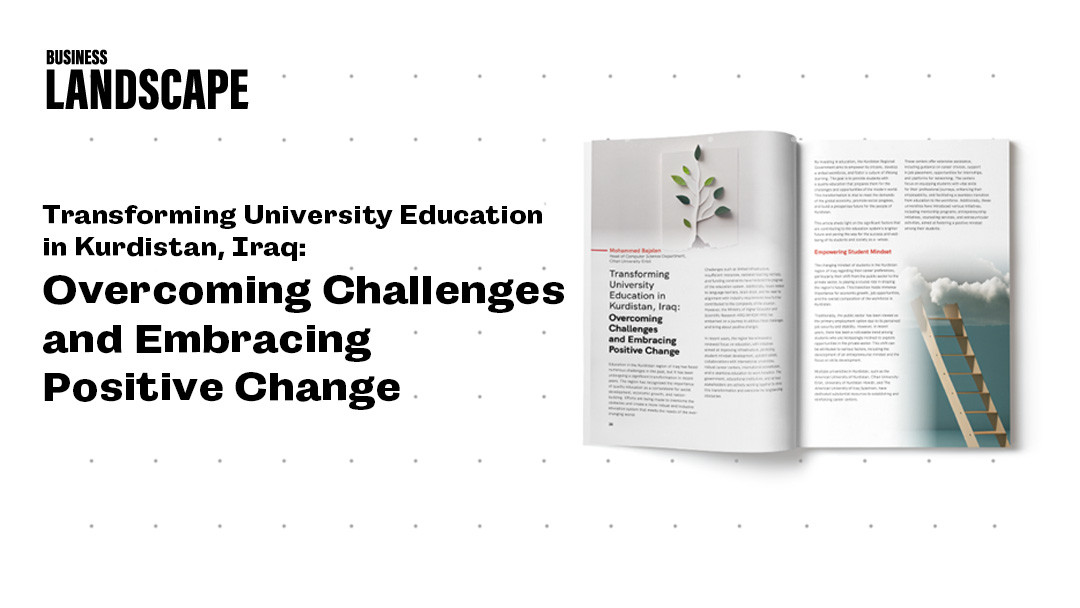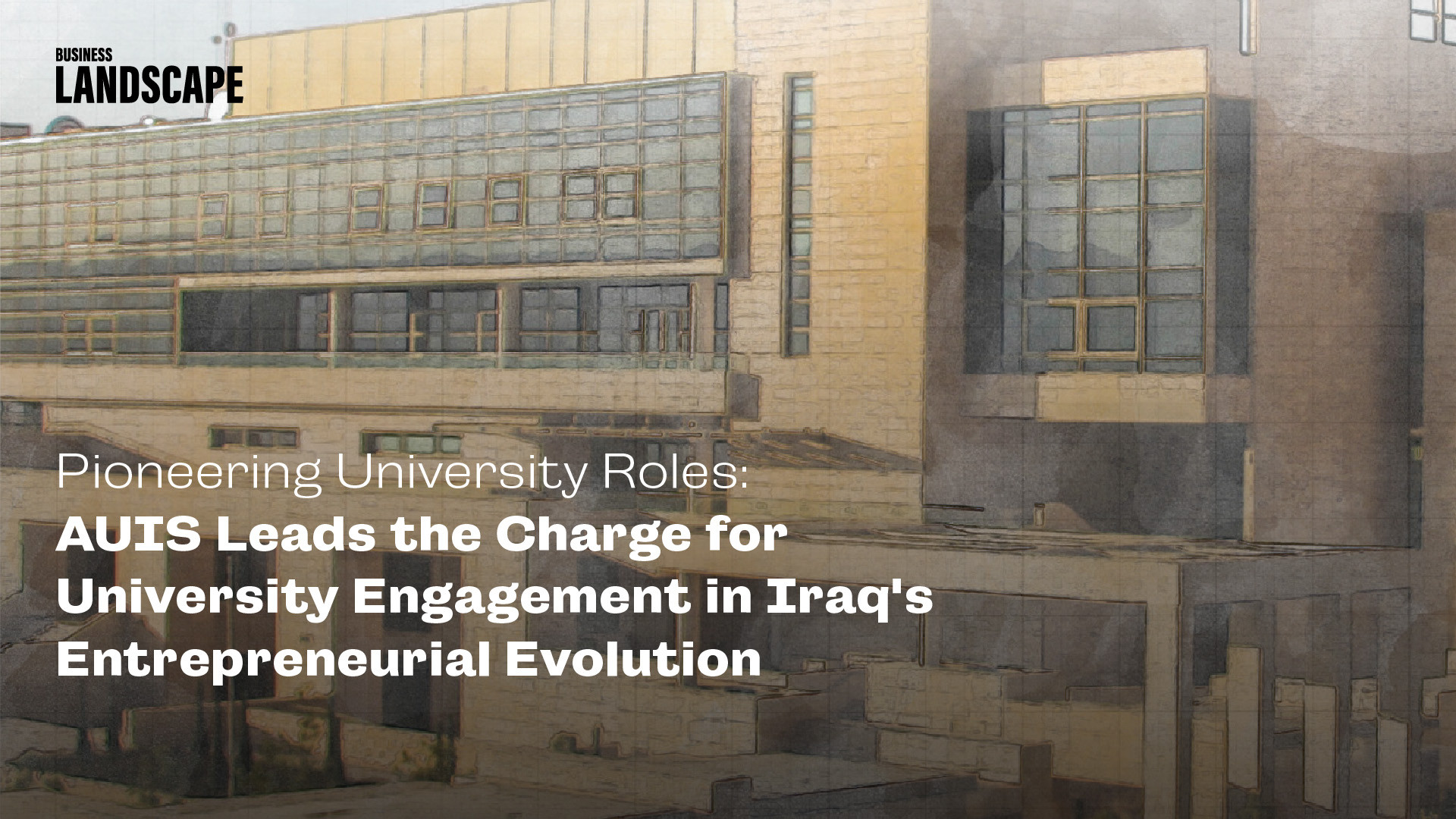Hussein Albayati is the General Manager of Careem Iraq. The everyday Super App for the greater Middle East region that operates in 10 different countries and 80 different cities. Hussein’s career in management spans a period of 14 years in the telecommunication and digital services industry; most recently, he was the General Manager of OpenSooq in Iraq.
Mr. Albayati told us about his career journey, how Careem played a role in the digital transformation of Iraq and the challenges of the transportation sector. He also talked about the importance of values and culture for organizations and how the Careem Alumni are inspiring others and creating organizations built on those Careem values. In addition, he emphasized Careem’s commitment to sustainability to mitigate the impact of climate change.
We would love to know a brief about your long career.
I started my career after graduating from the University of Baghdad in electronic and communication engineering. I first joined Huawei technologies and then moved to Kalimat Telecom, which was one of the biggest operators in Iraq. I stayed with Kalimat for almost a decade, started as an engineer then left as the General Manager after it was acquired by another organization. Afterward, I started working for Awal Telecom, a sister company of Zain. Then I became the Country Manager for OpenSooq, the biggest online marketplace in the Middle East and North Africa region, which I led for two years. Last year, I joined Careem as the General Manager in Iraq.
You moved from the telecom industry to the classified marketplace and are now in ride-hailing? How was this transition?
Companies that operate within the domain of digital services have a lot in common. They employ very similar approaches and models. These businesses rely on managing supply and demand and maximizing growth. The business model often digitalizes a traditional service that has existed for a long time to make it more efficient. For example, for Careem, taxis have always been there, but we transformed this service digitally to make it much more efficient for customers and to expand the economic value of the taxi industry. Hence, transitioning to Careem has not been very challenging. However, Careem has a more complex model and huge daily operations that require us to be all hands on deck. We are in constant touch with customers and captains alike minute by minute. We need to provide both the captains and customers with a seamless experience.
How is Careem transforming the lives of people for both captains and customers?
Before Careem, there was much less trust between people and taxi drivers. For example, families were often not allowing their daughters or even wives to get a taxi. Also, it was inefficient for customers because they had to walk for a long distance to reach the main street, where the taxis were available.
After Careem, things changed drastically. Taxi drivers became captains and earned the respect they deserved, which changed society's perception of taxi drivers. We trained the captains on how to behave with customers, how to provide customer care and to make sure that customers are always satisfied. They embraced it and were thrilled by it as they have seen it working for them because when you offer a good service, you create loyal customers. Careem also provided more working opportunities and increased demand. As taxi drivers, they had to drive around with empty cars until they found someone who was looking for a taxi, and it was very difficult during different weather conditions; rain, sandstorms, and heat waves, and this was also cost and time inefficient.
As they transitioned to captains, they started getting more customers as the customer could just order from the convenience of their own homes. Also, we trained them on how to use the digital services, which no one believed possible to implement in Iraq, but it worked. We changed this concept, and we pushed the community towards digitalization. On top of that, we are also providing flexible working hours to our captains, which yields better quality of service to customers. Moreover, we are providing bonuses during peak hours to make sure our Captains are well compensated. In addition, we offer a comprehensive insurance policy to ensure that our Captains and Customers are looked after in the unlikely event that they experience an in-ride accident. Both customers and captains are covered under our life & injury policy whenever they are on a Careem ride. The policy covers accidental death, disability due to an accident, ambulance services, and medical expenses incurred as a result of an incident.
On the demand side, the customers, we are providing them with convenience and efficiency, everyday life made simple.
Careem has also reduced the gender inequalities in society, we have strived to make the ride-hailing industry as safe as possible, and we were able to earn the trust of our customers and their families. Because of Careem, many women can freely go out, go to universities, work, or run errands, knowing they will be safe. They can also share the ride information with their family so they would not worry about them.
We also have an exceptional customer care unit that is very responsive and makes sure our customers are having a good experience and resolves complaints. We conduct periodic surveys to improve our services. Customers always state that Careem’s values of safety and convenience are what matter most to them. I am very proud to be a part of a company that is changing the life of people for the better.
Operating in Iraq could be challenging, and many unexpected events may arise. How does this translate in the transportation sector?
Operating in the Iraqi market has taught us to adapt quickly and be resilient. The instability and turmoil have harmed many businesses across all sectors. Nevertheless, I believe Iraq has been more stable than before.
However, the biggest challenge we are facing now is the infrastructure. The infrastructure lacks proper investment and digitalization. Digitalization is almost non-existent. Although Careem has played a huge role in mitigating some of the challenges, we introduced digitalization in Iraq and made the customer’s behavior adapt, and opened the door for many other services to emerge.
Furthermore, we have a huge shortage in terms of public transportation. Unfortunately, transportation was not allocated the adequate resources to develop though transportation is very important for the economy. According to S&P Global, an additional 1% of real GDP spent on infrastructure could boost the economy by a factor of about 1.2. Thus, the investment in infrastructure is related directly to the growth in the GDP. According to the Ministry of Planning, in 2019 alone, we lost 2,636 lives because of accidents due to the lack of good infrastructure in Iraq. That is a huge challenge that is costing us lives.
Careem operates in many different cities in Iraq. Does each city come with its own specific challenges?
Yes, indeed. When you look at the different cities, you look at different kinds of challenges and opportunities alike. For example, Baghdad is the most populated city in Iraq, with a population estimated at more than 8 million; this is comparable to the population in the entire Jordan, so the potential is huge in Baghdad itself. Iraq has a population of around 44 million, which is comparable to larger markets like Saudi Arabia, but you can see that foreign investment is reluctant to enter Iraq, although we have a huge potential here.
In addition, the operations are gravely impacted by the city’s stability; for example, operations in Erbil are very smooth and seamless, and the growth is exponential compared to other cities despite its small population. While in other cities, we frequently experience instabilities and settlements that impede our growth.
How was it like this summer with the frequent dust storms? Did this impact your operations?
Dust storms reduce both the demand and supply as both customers and captains are less likely to go out. Nevertheless, summer is our high season. Most people want not only a safe trip but a convenient one as well, in a clean and air-conditioned car. They want to feel comfortable during their trip, specifically in Baghdad, which is very hot and has frequent traffic jams that may let you end up in a car for an hour or so. If the ride is not comfortable, people will no longer be willing to take a taxi. We offer a good value proposition by providing the best service to customers. This is reflected in our current marketing campaign; “Careem is challenging the heat of summer.”
Have other companies working in this sector or similar domains ever thought to come together to find solutions for some of the challenges and issues you are facing?
We have friends and partners in this industry and in the private sector as a whole. We work together with many partners like Miswag, Toters, Alsaree3, and others. We meet sometimes and discuss the challenges and how we can channel our efforts to resolve them. However, until now, there is not any official association for businesses operating within digital services. I think that would be a step in the right direction, that we can lobby together and demonstrate for authorities what are our needs and challenges and what can be done to mitigate them.
Many figures in the ecosystem credit the beginning of the digital transformation to Careem and its app. What are the current services you are offering that are supporting digital transformation? Are there any new services on the menu for Careem in Iraq?
Careem was the first company that introduced digital transformation in the transportation industry, which put us in the position of a role model for all other companies that wanted to start ‘Careemizing’ their services. We have also opened the door for foreign investments in Iraq. Any foreign company that intends to invest in Iraq begins by studying the case of Careem and its success story. Careem has invested about $25 million since 2018.
Our ultimate goal is to be the Super App, which we offer in some of our markets like Dubai and Saudi Arabia and it combines all aspects of a consumer’s world from transport, deliveries, and payments on a single app, which aims to simplify the lives of people.
Currently, we provide ride-hailing and last-mile delivery services in Iraq and have simplified the lives of more than 1 million people so far through our services. We are still waiting for the right time to expand our services and launch the Super App in Iraq. However, we wish for the online payment systems to be more integrated to allow for the expansion of services.
What is the success recipe for Careem as an organization with a lot of positive influence in the ecosystem?
I think Careem was able to have this influence in the ecosystem because of our strong values and company culture. We have three main values in Careem, first, shoot to the moon and beyond. Two, be of service, and three, be an owner. We try to embed these values in everything we do. Whatever initiative we take, we ask first, are we shooting to the moon with that initiative, we need to think big and not settle for ordinary achievements. Then we ask, are we serving our people? Are we simplifying the lives of people to be of service? We also always encourage people to take it to the finish line by being an owner. We call our colleagues in Careem “Tigers,” so every Tiger in Careem must feel that they are an owner of everything inside Careem.
I think these values are the ones that made Careem what it is today. You can see in the ecosystem when a company starts to work in Iraq and they are hiring and looking for very talented people, they come directly to Careem. One of the important things we have done for the community is that Careem raised the level of competency in Iraq's labor force.
Most of our Tigers started working in Careem as juniors right after graduation. They learned everything here, the values, the culture, the skills, and the analytical thinking and mindset. Those who moved on to join other companies kept living by these values and started inspiring others and injecting the same values into their new organizations. This has created what is called Careem Alumni, which is a group of people who left Careem and started building organizations that are similar to Careem. It became an alumni community, that kept these values and inspired others in different organizations and created material change in the ecosystem.
We already have an Iraqi version of the Careem Alumni. For example, Mohammed Al-Hakeem, former General Manager of Careem Iraq and Jordan started Fedshi, a social e-commerce platform. Marwan Ahmed, who is the Vice President of Commercial and People at Miswag. And Ahmed Baqer, who is now the country manager of NorthLadder in Iraq. Careem Alumni members are employing the values that they learned at Careem at other organizations and changing the entire ecosystem for the better. We are very proud to be an organization that practices what it preaches and has made this incredible transformation in the organizations in the private sector.
What is Careem’s recipe for attracting talents in the industry?
The most important thing in Careem is people, and that is why we have these values, and we created policies that reflect them. We provide our employees with the best compensation, Careem’s compensation is above the average for the market. We also have a policy of unlimited annual leave and remote working. We do not have any fingerprints for checking in and out of work. We depend on the accountability of our Tigers. We provide them with the best medical insurance and social insurance. Alongside all of that, we offer them continuous education opportunities, whether on the job or online training. For example, we provide our colleagues with free access to LinkedIn Learning and Springers. We also have many other benefits, including covering the gym subscription. We also have a team who is dedicated to making sure that the culture in Careem is healthy. We have a fun room in our office for our colleagues to play table soccer, chess, and PlayStation and bond with the team. We care about the culture because I believe that culture eats strategy for breakfast. Even if you have the best strategy in the world and spend millions of dollars on that strategy, but there is not the right culture to execute it, you would not succeed. This is how we attract the best talents in the industry; we provide them with the right environment to grow and flourish.
Careem has always been a major part of the ecosystem. What are the latest initiatives you have been involved with in terms of corporate social responsibility?
We have various partnerships with NGOs, we also have donation programs that we run through our application. On the entrepreneurial side. We have been part of many initiatives. For example, we are part of the “Intilaq” project by GIZ, where we provided support and training for the applicants and also discounts for our services. The program aims to allow young entrepreneurs to formulate their ideas and transform them into actual businesses.
We believe that companies like Careem, and others, can also help a lot in providing fresh graduates with the right set of skills. We had this partnership with Baghdad Business School (BBS) to provide them with safe transportation at discounted rates, especially for women to continue their education. In addition, we are providing them with training in several aspects like leadership, sales, and marketing. We will also give them the chance to enroll in an internship program, so that they can get a glimpse of how Careem works and an overview of each department. I believe this will encourage them to pursue learning and improving their skills to be a part of successful organizations.
Has Careem taken any steps to operate more sustainably and environmentally friendly?
It is unfortunate to see that Iraq has been greatly affected by climate change. We all can see the drought and desertification, the decrease in the level of our rivers and drought of marshes and the frequent dust storms. In Careem, we always encourage any environmental initiatives and we are the first to adopt them. We recently partnered with the Ministry of Oil in Iraq to transfer the fleet of Careem from using regular petrol fuel to using liquefied petroleum gas (LPG) systems, which will reduce CO2 emissions. The LPG can reduce CO2 emissions by up to 20% and produces around 50% fewer Nitrogen Oxides than petrol. Moreover, we are currently discussing with the Station to partner with them in their efforts to help with forestation in an initiative to plant trees in Iraq.
Is Careem going to expand to public transportation in Iraq like it did in other countries such as Egypt?
We have a huge shortage of public transportation in Iraq. However, things are different from country to country, especially the laws and regulations. We are currently working with the Private Board of Transportation, which is an entity that belongs to the Ministry of Transportation. What we are trying to do is to explore more opportunities and if we can expand our services to this domain.
